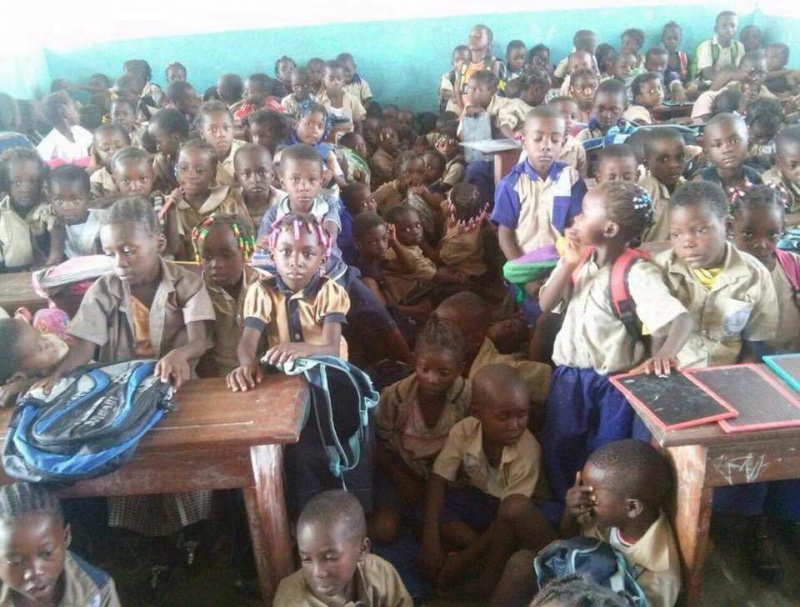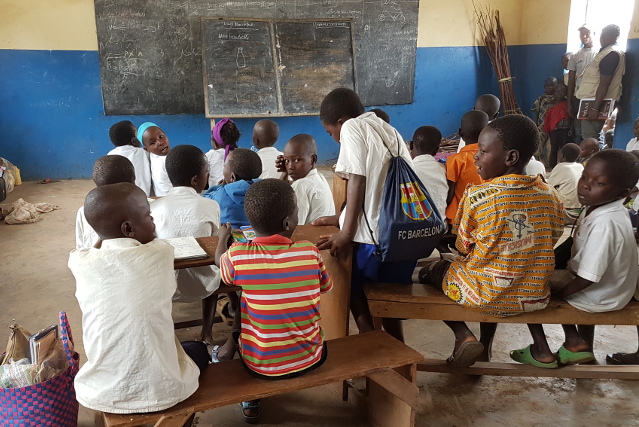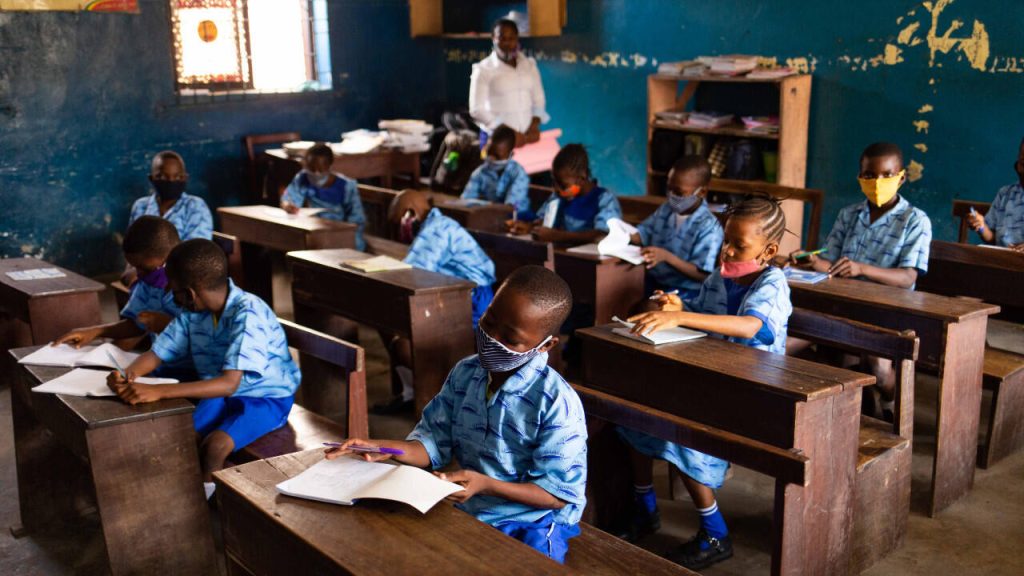The Importance of reviewing the Education system in some African countries
Education is the fundamental pillar of a nation’s development. However, in several African countries, the education system is struggling to meet the current needs of the younger generations. This challenge, combined with socio-economic, technological and cultural issues, highlights the urgency of rethinking educational models in order to better prepare young people for a constantly changing future.

In many African countries, the education systems inherited from the colonial era have not evolved enough to adapt to contemporary realities. School curricula often remain theoretical, detached from the practical needs of local and global markets. For example, in some rural areas, students learn concepts that do not meet the agricultural needs of their community or the demands of an increasingly digital world.
In addition, vocational and technical training, essential for sustainable economic development, is often neglected. The result: a high rate of unemployed graduates and a mismatch between the skills taught and market opportunities.
School infrastructure is often inadequate, with overcrowded classrooms and a severe lack of teaching materials. In some rural areas, children travel several kilometers to access a school without basic resources. In addition, poorly trained and underpaid teachers struggle to provide quality education.

Financing is another major obstacle. Although many African governments devote a significant share of their budgets to education, these resources remain insufficient in the face of rapid population growth. Unequal access to education, particularly for girls and children from disadvantaged families, further exacerbates the situation.
Reviewing the education system first implies integrating approaches adapted to local realities. Curricula must value local languages, promote practical skills and encourage entrepreneurship. An inclusive system must also ensure that girls, children with disabilities and young people from disadvantaged backgrounds have equal access to quality education.
Integrating digital technologies into education is another crucial lever. In a world where technological skills are essential, digital training must be a priority. This requires investments in access to electricity, internet and modern equipment.
African governments must play a central role by increasing education budgets, training teachers and modernizing school infrastructure. However, this cannot be done without the collaboration of international partners, NGOs and the private sector. Initiatives such as scholarship programmes, digital schools and vocational training projects can complement national efforts.

Education is a powerful tool to break the cycle of poverty and promote sustainable development. Rethinking the education system in some African countries is therefore essential to prepare young generations for the challenges of the 21st century. This requires strong political will, targeted investments and close collaboration between local and international actors. By providing children and young people with quality and relevant education, these countries can hope to build prosperous and resilient societies for the future.


